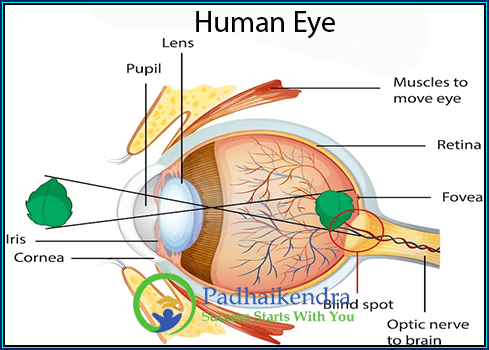Weight is a measure of the force of gravity acting on an object. It is a vector quantity, meaning it has both magnitude and direction. The weight of an object is proportional to its mass, and is given by the formula:
Weight = (Mass) X (Gravitational Acceleration)
 where, gravitational acceleration is the acceleration due to gravity, which is approximately 9.8 meters per second squared on the surface of the Earth.
where, gravitational acceleration is the acceleration due to gravity, which is approximately 9.8 meters per second squared on the surface of the Earth.
Weight is usually measured in units of force, such as Newtons or pounds. It can be measured using a spring scale, which measures the tension in a spring caused by the gravitational force acting on an object, or by using other methods such as measuring the bending of a beam under the weight of an object.
It is important to note that weight depends on the strength of the gravitational field where the object is located. For example, an object will weigh less on the Moon than on the Earth because the gravitational field on the Moon is weaker.
Weight is a measure of the force of gravity acting on an object and is proportional to its mass. It is usually measured in units of force and depends on the strength of the gravitational field where the object is located.
The weight of an object on the Moon is different from its weight on Earth because the gravitational field on the Moon is much weaker than that on Earth. The weight of an object is proportional to its mass and the gravitational acceleration acting on it, and this relationship is described by the formula:
Weight = (Mass) X (Gravitational Acceleration)
On the surface of the Moon, the gravitational acceleration is about 1/6th of that on Earth, which means that an object that weighs 60 kilograms on Earth would weigh only about 10 kilograms on the Moon. This is because the force of gravity acting on the object is weaker on the Moon, so it experiences less weight.
It is important to note that the mass of the object does not change when it is on the Moon, only its weight changes. The mass of an object remains the same regardless of the gravitational field where it is located.
Weight FAQs
Weight is the measure of the force of gravity acting on an object. It depends on the mass of the object and the acceleration due to gravity. Mass, on the other hand, is a measure of the amount of matter in an object and is constant regardless of the location. Weight can vary depending on the strength of gravity, while mass remains the same.
Weight is typically measured using a scale or a balance. The force exerted by gravity on an object is balanced against a known force (such as a spring or a counterweight) to determine the weight of the object. The unit commonly used to measure weight is the newton (N).
The unit of mass is typically measured in kilograms (kg), while the unit of weight is the newton (N). However, in everyday use, weight is often expressed in units such as pounds (lb) or ounces (oz).
Yes, weight can change with location. The force of gravity varies depending on the distance from the center of the Earth, so the weight of an object will be different on the Moon, Mars, or other celestial bodies. However, the mass of an object remains the same regardless of the location.
Weight and mass are proportional in the sense that an increase in mass usually leads to an increase in weight. However, because weight depends on the acceleration due to gravity, which can vary, the relationship between weight and mass is not always a direct proportionality. For example, an object with the same mass will weigh less on the Moon due to the lower gravity compared to Earth.
No, weight cannot be negative. Weight is a force, and forces are scalar quantities with only magnitude and no direction. Weight is always positive or zero, indicating the force exerted by gravity on an object.
Weight affects the behavior of an object in several ways. It determines how strongly an object is pulled toward the Earth or another massive body. The weight of an object can impact its ability to stay stationary or to move. For example, a heavier object requires more force to lift or push, and it exerts a greater downward force when resting on a surface.
Weight is primarily influenced by gravity, but there are other factors that can indirectly affect weight. For instance, the weight of an object can be affected by the force of buoyancy when it is submerged in a fluid. Additionally, the weight of an object can change if it undergoes acceleration due to other forces acting upon it, such as in an accelerating vehicle or during a freefall.
In space or in situations of freefall, objects can experience a sensation of weightlessness. This occurs because there is no significant gravitational force acting on the objects. However, the mass of the objects remains the same. Astronauts in space, for example, are in a state of apparent weightlessness because they are in constant freefall around the Earth.
 where, gravitational acceleration is the acceleration due to gravity, which is approximately 9.8 meters per second squared on the surface of the Earth.
where, gravitational acceleration is the acceleration due to gravity, which is approximately 9.8 meters per second squared on the surface of the Earth.




